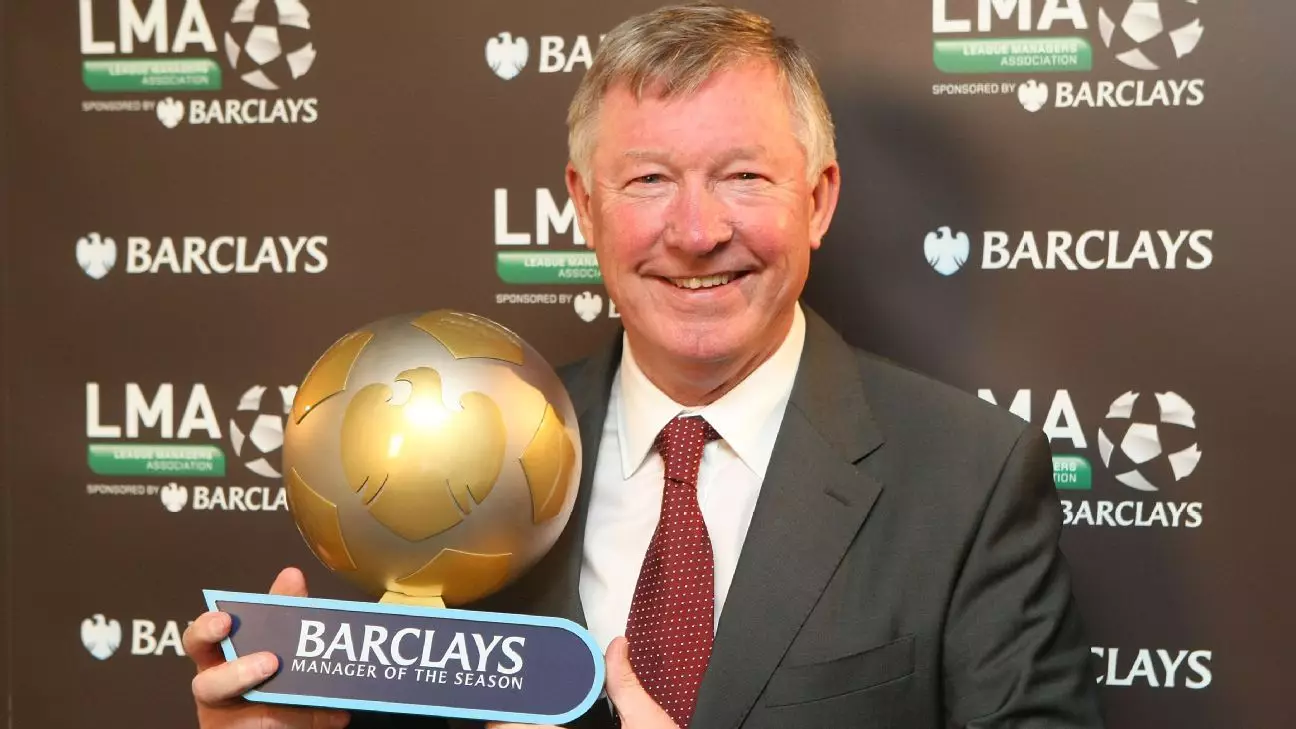Pep Guardiola’s arrival at Manchester City in 2016 marked a significant turning point for the club and the Premier League. Prior to his tenure, City had experienced sporadic success, but under Guardiola’s strategic vision and meticulous attention to detail, the club ascended to new heights. By May 2024, Guardiola had led City to their sixth Premier League title within a span of seven years. This achievement not only underscores Guardiola’s tactical acumen but also positions City as a dominant force in English football, especially as they secured a record four consecutive top-flight titles—something unprecedented in the history of the league.
Comparative Triumphs: Guardiola vs. Other Legends
While Guardiola’s accomplishments are monumental in their own right, the spotlight often shines on other legendary managers in the Premier League as well. Sir Alex Ferguson, the long-serving manager of Manchester United, stands at the pinnacle of Premier League success with an astounding 13 titles. His tenure, marked by a series of era-defining victories and a commitment to developing young talent, set a benchmark that few could aspire to match. In contrast, Guardiola’s six titles are impressive, yet they reveal the evolving nature of football management, where different styles and systems prevail.
Moreover, figures like José Mourinho and Arsène Wenger also left indelible marks on the Premier League landscape. Mourinho, with three titles under his belt during two distinct tenures at Chelsea, showcased a tactical approach that often prioritized defensive solidity and counter-attacking prowess. Wenger, likewise, achieved three titles with Arsenal and is revered for revolutionizing English football with his emphasis on attacking play and player development. The stark difference in the number of titles accumulated by these iconic managers—13 for Ferguson, six for Guardiola, and three for both Mourinho and Wenger—throws open a dialogue about the nuances of managerial success.
The Broader Impact of Guardiola’s Success
Beyond the mere statistics, Guardiola’s impact on Manchester City and English football transcends titles. His philosophy of possession-based football, known for its intricate passing and high-pressing defense, has redefined tactical norms in the league. This has not only resulted in trophies but has also influenced how other teams play, pushing the standard of competition to unprecedented levels.
Furthermore, Guardiola’s success has catalyzed significant financial investment in the club, allowing for the acquisition of top-tier talent. The ongoing evolution of the team under his guidance has fostered a culture of excellence that could become the cornerstone of City’s identity for years to come.
Ultimately, as Guardiola’s tenure progresses, the footballing community will not only evaluate him based on title counts but also his contributions to the strategic development of the game and the legacy he leaves behind. His six Premier League titles may position him behind Ferguson in the history books, but the stylistic and cultural shifts he has introduced resonate far beyond numbers—it is a legacy of modern footballing philosophy that will echo in the annals of the game.

